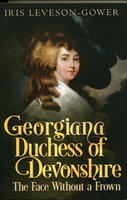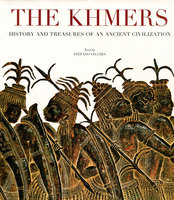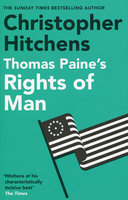New, Quality Gift Books - 50-90% off - over 2500 titles
Your basket is empty.
Categories Last Chance to buy! STRANGE SURVIVAL OF LIBERAL BRITAIN
STRANGE SURVIVAL OF LIBERAL BRITAIN
Book number: 94248
Product format: Hardback
In stock
Bibliophile price
£9.00
Published price
£35
Customers who bought this product also bought
|
GEORGIANA DUCHESS OF DEVONSHIRE:
Book number: 93758
Product format: Paperback
Bibliophile price
£4.75
Published price
£16.99
|
MY WAR CRIMINAL
Book number: 94690
Product format: Hardback
Bibliophile price
£4.75
Published price
£22
|
ENDELL STREET
Book number: 94689
Product format: Paperback
Bibliophile price
£4.00
Published price
£9.99
|
|
SEWISTS: DIY Projects From 20 Top Designer-Makers
Book number: 94531
Product format: Paperback
Bibliophile price
£5.75
Published price
£14.99
|
KHMERS: The History and Treasures of An Ancient Civilization
Book number: 94366
Product format: Paperback
Bibliophile price
£5.00
Published price
£18.99
|
THOMAS PAINE'S RIGHTS OF MAN
Book number: 94505
Product format: Paperback
Bibliophile price
£4.00
Published price
£9.99
|
Browse these categories as well: Last Chance to buy!, First Editions, History







